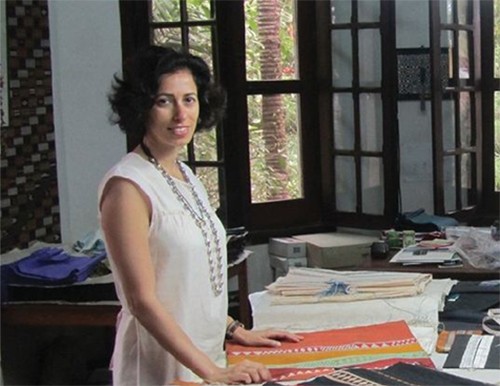16/04/2020
16/04/2020

Sitting in the comfort of their homes, most Kuwaitis are figuring out how best to take advantage of this unexpected holiday. Although the majority of Kuwait’s labor force is employed by the public sector, few are essential in this time of crisis. During the day, the closure of the country’s shopping malls, salons, and gyms demands that they stay confined. At night, however, they can go to sleep with the security of shelter, employment and a monthly paycheck.
Contrast this state of affairs to someone who owns a business – a salon, a gym, or a restaurant. For years, they have struggled with the burdens of hirings, visa renewals, government red tape, Kuwaitization (takweet), and myriad other rules and costs to keep their business activity afloat. Today, with their revenues at zero, they face a critical situation: having to lay off their hardworking employees (whose families depend on a paycheck) – only to risk labor shortages in the post COVID-19 recovery period.
Around the world – the GCC included – stimulus packages are targeting the private sector to prevent the lockdown-related loss of jobs and income, but not in Kuwait. So far, no hand of support has been extended by the government. As many small business owners navigate the stormy financial seas of the COVID-19 pandemic, we are reminded of how little the private sector matters. Policymakers and the public at large care little for our survival. Sink or swim, we have been left alone.
Once upon a time, things were very different. Before the advent of oil, the private sector was the historic backbone of the country’s maritime and desert economies. At the initiative of private individuals – humble and hardworking – Kuwait developed into the thriving port town that the traveller Alan Villiers described as “ships, ships, ships along the sea. Sailors, quartermasters, carpenters, nakhodas, all along the shore road – what a place Kuwait was.” The entirety of Kuwait’s identity – architecture, boats, food, crafts, music, professions – are fruit of industry, labor and resilience.
Within two decades of the advent of oil, the private sector was cannibalized by an ever-growing public sector. As oil wealth abounded, Kuwait’s local manpower – artisans, boatbuilders, divers – was quickly absorbed into public employment. The noble goal of redistributing the oil wealth across the population came at the expense of preserving a vibrant private sector. With a growing percentage of Kuwaitis engaged in public employment – blessed with perks, high salaries and entitlements – a culture of comfort and ease took hold. With the local economy fast expanding due to oil revenues, the private sector looked overseas to fill the jobs that could not be filled locally.
Over the decades, respect for the private sector continued to wane; only foreigners would fill critical jobs, whether skilled or unskilled. Kuwaitis continued to flock to the public sector, rendering our bureaucracy increasingly less efficient and more costly. Today, 9 out of 10 Kuwaitis in the labor force work in the public sector, their salaries accounting for half of the government’s annual budget. The private sector, meanwhile, was put under pressure to hire Kuwaitis. Takweet, as envisaged by the government, was another tool for redistributing the oil wealth.
Unlike in the pre-oil era – where employment was based on skills and wages on market prices – takweet imposed an inefficient allocation of resources on what is supposed to be an efficient sector. Costly employment of nationals without the necessary performance or skill benchmarks became a tax. The end result – with some exceptions – is that Kuwaitis employed in the private sector (specially in medium enterprises) are a hindrance rather than an asset. While costing more, they produce less. This crisis reveals the perverse effects of takweet: the people who work the least get rewarded. The people who work the most get fired. The message is clear: only Kuwaitis should be saved, not the private sector.
Faced with the double threat of COVID-19 and low oil prices, inefficient policies are exposed for what they are: unproductive and unfair, hence unsustainable. In the interest of the country’s future, this crisis should become an opportunity to urgently rethink our economic future, validating Kuwait’s historic private sector legacy and redressing systemic inefficiencies. The time for action is now.
By Laila Alhamad
Owner of Zeri Crafts,
Ex-World Bank professional


